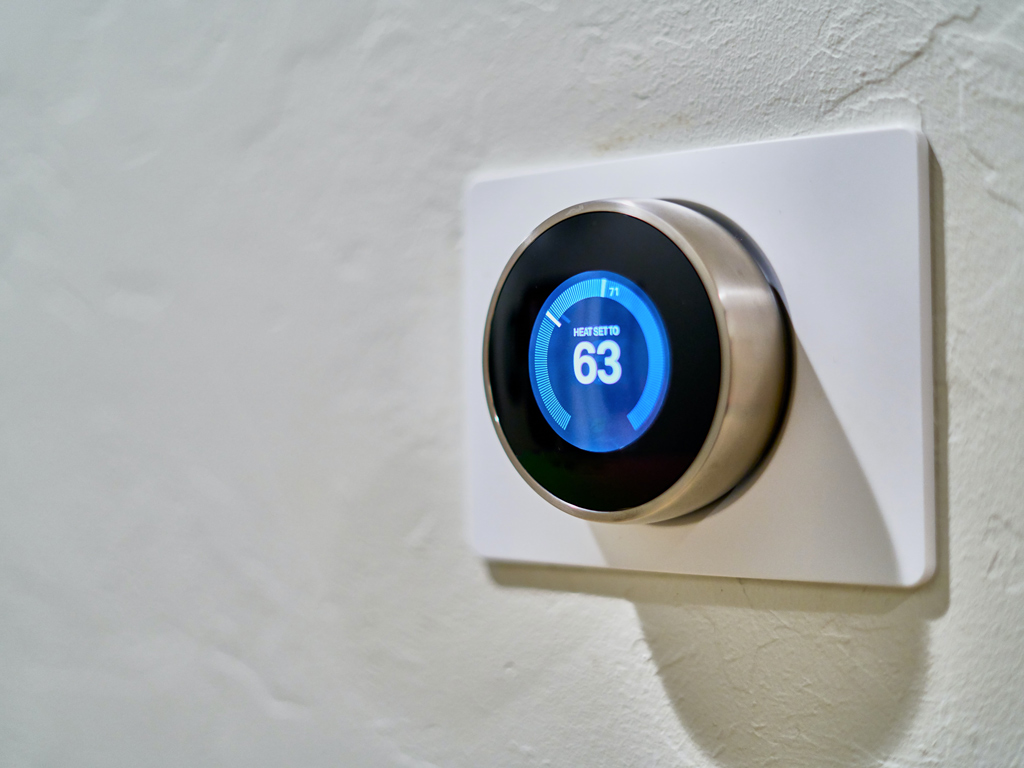
Among all operational real estate, hotels are one of the biggest consumers of energy in the hospitality industry. According to UNWTO, hotel facilities rank among the top five in terms of energy consumption in the tertiary building sector (minor only to food services and sales, health care and certain types of offices).
In Europe, energy costs have been on the surge since the start of the Russia-Ukraine war. This has put a strain on hotel budgets, and many are struggling to find ways to cope with the increased costs.
However, there are a few things that you can do to help offset the impact of rising energy costs in your hotel.
For example, make sure that you are using energy-efficient appliances and lighting, and try to use solar power where possible. §
"At Hamlet Hotels, one of the first things we do when we take over a hotel is ensure that all lights are changed to LED and all appliances are energy-efficient."
Without further ado, here are 8 tips and tricks that will help you to cut down energy costs at your hotel, this Winter:
This will help to reduce your overall energy consumption.
This will allow you to cut down on your lighting costs. Use a motion or daylight sensor to prevent unnecessary use of electricity.
Encouraging everyone to do their part will help to minimise your energy costs even further. Implement in-room thermostats.
This will help to keep heat in during the Winter and cool air in during the Summer, both of which can save you money on your energy bills.
This can be a more expensive upfront investment, but it can save you money in the long run by reducing your reliance on fossil fuels.
Take a close look at your property’s energy usage and identify areas where you can make some changes. For example, you may be able to reduce your overall energy consumption by making some simple upgrades to your lighting or HVAC system.
Don’t just accept the first rate you’re offered from your current energy supplier. Get quotes from other providers and see if you can get a better deal. You can also try negotiating with your existing suppliers.
An EMS can help you more effectively monitor and manage your property.


Hamlet Hotels is a growing hospitality startup, giving hotel owners and investors a great opportunity in the hotel business to receive a guaranteed net income without being involved in their hotel’s day-to-day operations, sales or distribution of rooms.
Follow us on LinkedIn or subscribe to our newsletter for more industry news, tips and insights.